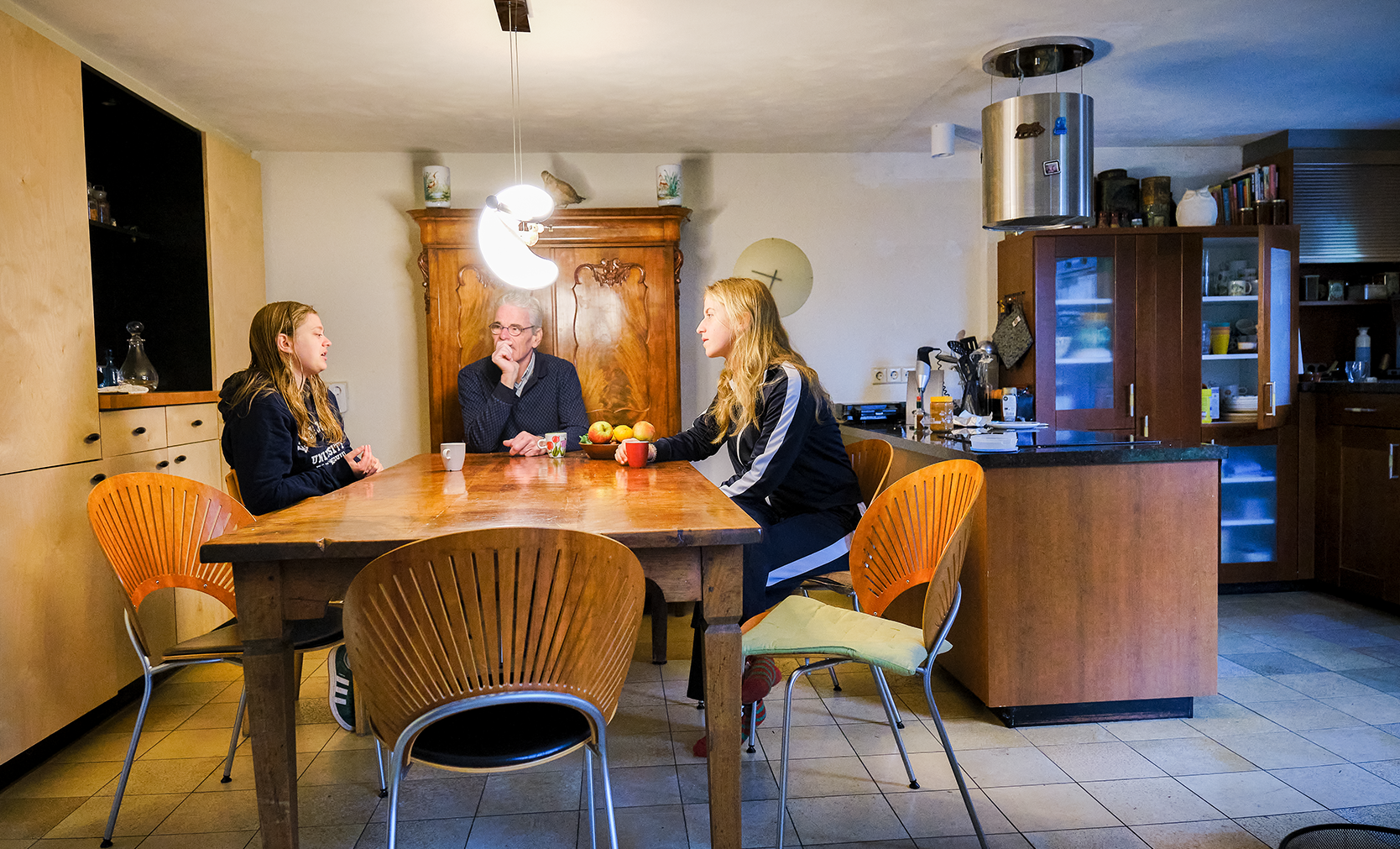Money buys you a lot of things. A degree for instance. You pay tuition fees and in return you get an education. Of course, you also have to support yourself — that costs even more money. Parents may be able to help out, but not all parents have the financial resources to do that. Or there may not be any parents. But don’t worry, there is always a student loan.
Unfortunately, student debt can quickly mount up, even with the reintroduced basic grant. Before you know it, you’ve borrowed tens of thousands of euros. That used to be pretty easy to do, and was even encouraged. Regrettably, it has since become clear that student loans are a lot more of a burden than they were initially presented as being.
And now there is the added threat of the slow student fine, putting students under pressure to graduate on time, or else pay an extra 3000 euros in tuition fees.
The group who will feel the slow student fine most are the students who count every euro and try to keep their debt under control.
Time is money. If you get a job, you don’t have to borrow as much but you are more likely to get behind in your studies and have to pay the fine, so your debt goes up. Renting a room costs money, but commuting to university costs time, time you can’t spend on studying or work. ‘Enjoying student life’ costs both time and money and further increases the risk of getting the slow student fine.
The slow student fine won’t be an issue for some students. People with rich, generous parents see money as a basic resource rather than a challenge — their parents will be happy to pick up the bill for the extra 3000 euros. And the fine won’t make a huge difference to the students who borrow a lot anyway, as the 3000 euros will pale into insignificance compared to the size of their overall debt. Money becomes something abstract for them: 50,000 as a number sounds just as bad as 70,000 or 73,000. A huge sum either way.
The group who will feel the slow student fine most are the students who count every euro and try to keep their debt under control. If you are on a minimum wage, 3000 euros is the equivalent of about two months working full-time, or one day a week for a year — in other words, a proper part-time job. Perhaps they could have used that time to avoid getting behind in their studies at all.
So what exactly is the purpose of putting students under pressure like this?
Sjoukje Osinga (56) is an assistant professor of Information Technology. She sings alto in the Wageningen chamber choir Musica Vocale, has three sons who are students and enjoys birdwatching with her husband in the Binnenveldse Hooilanden.




